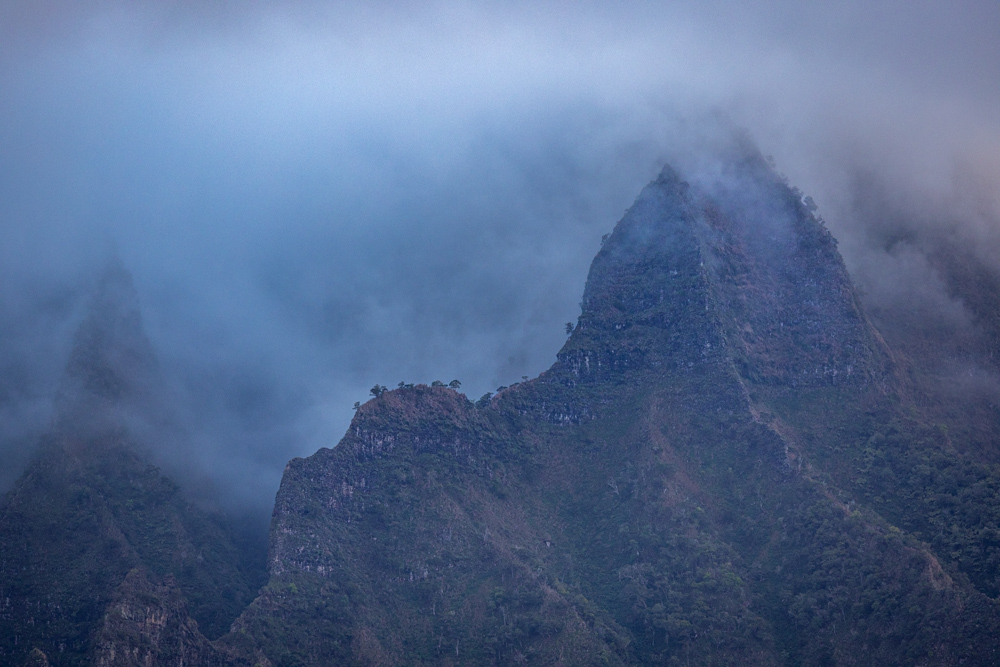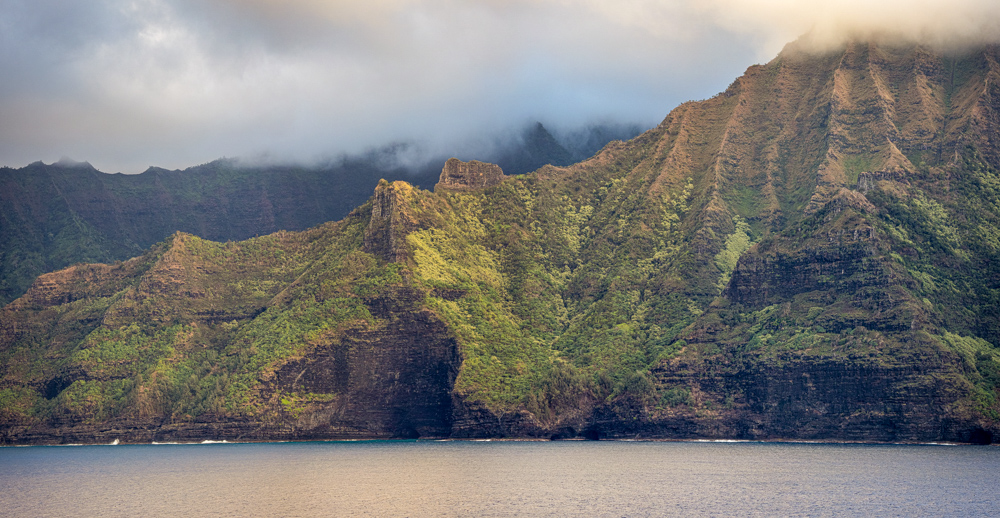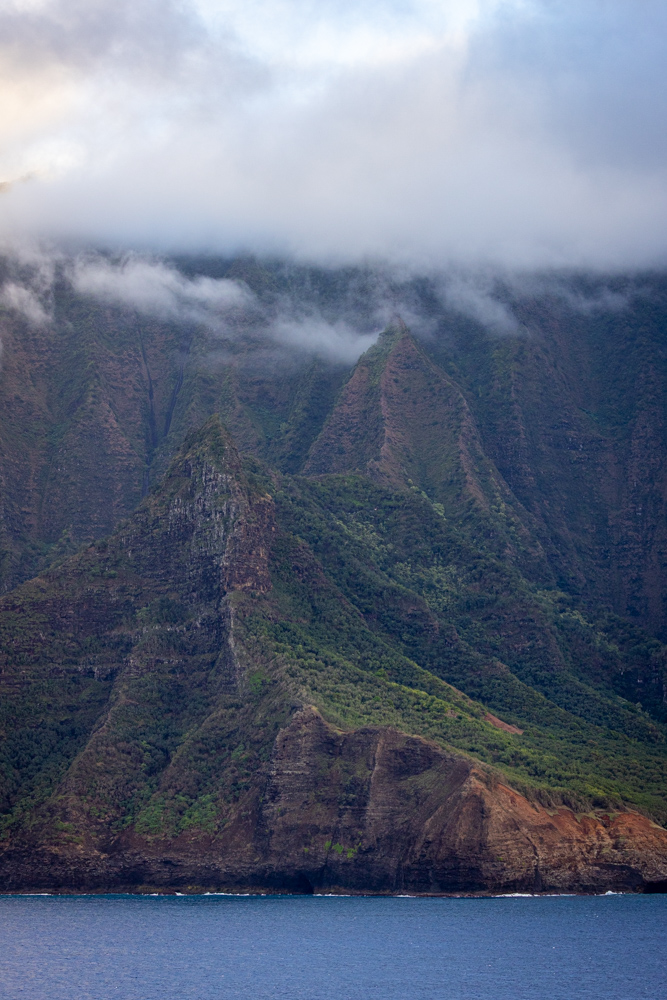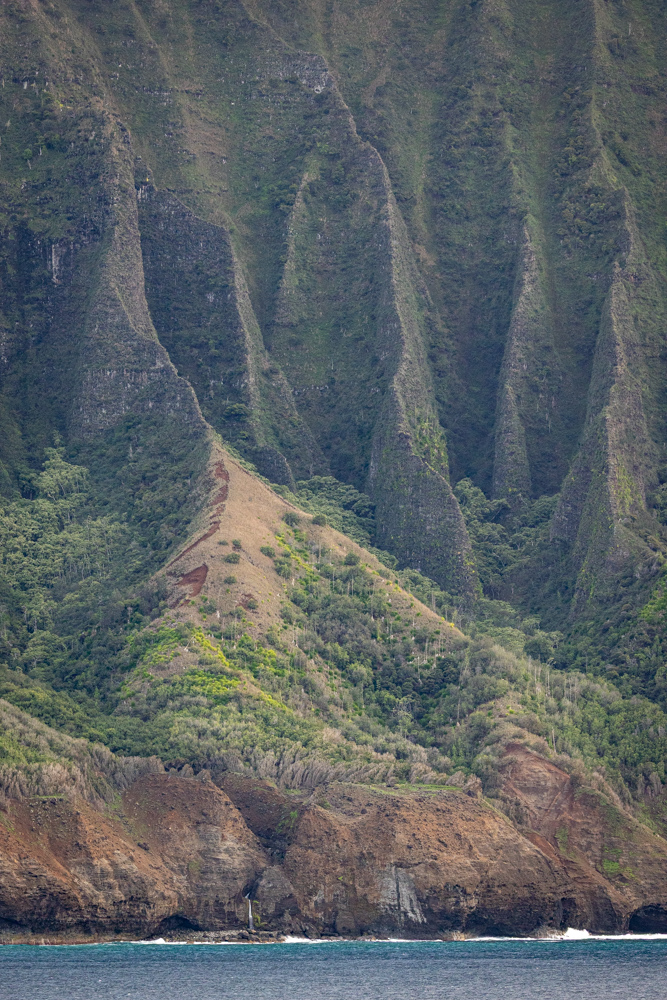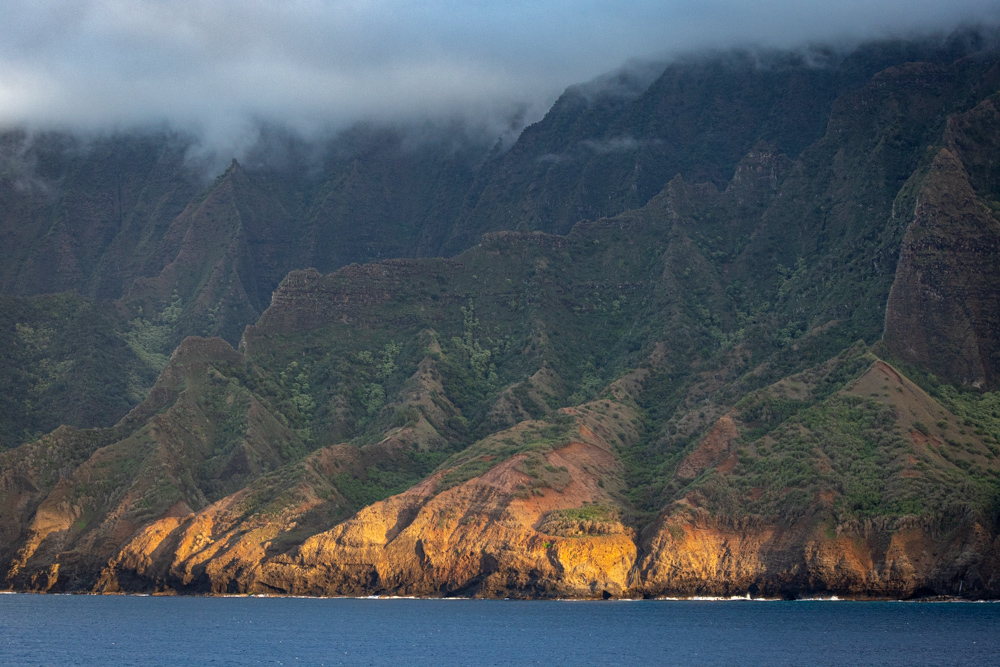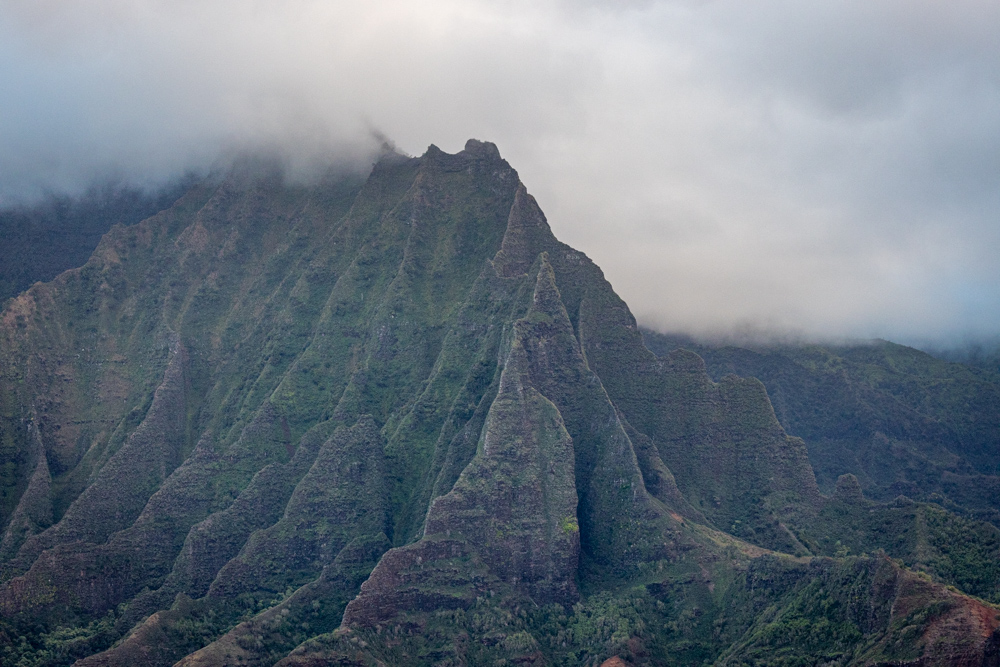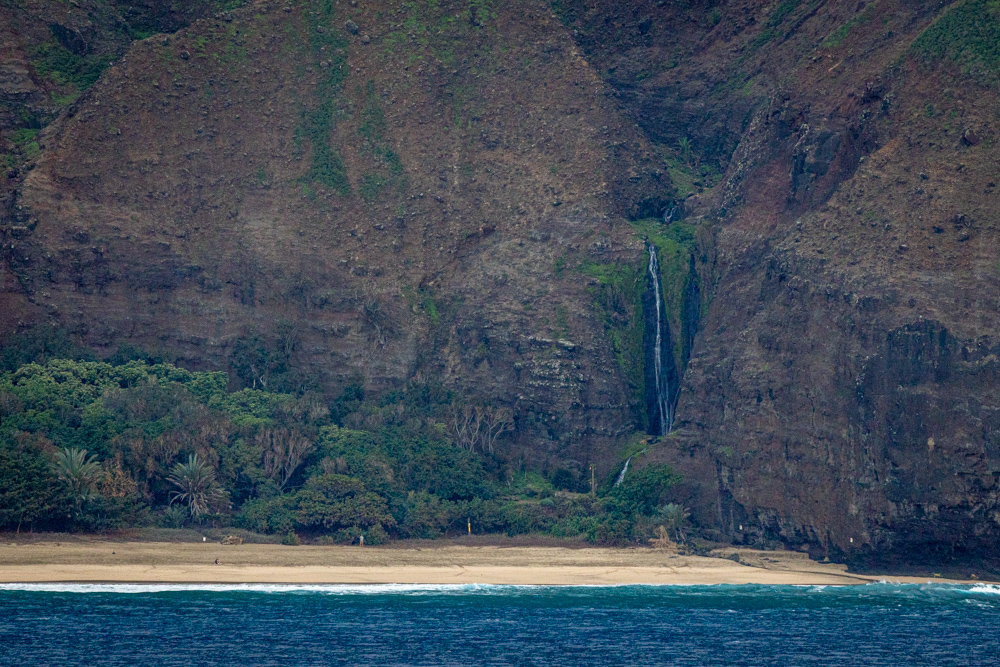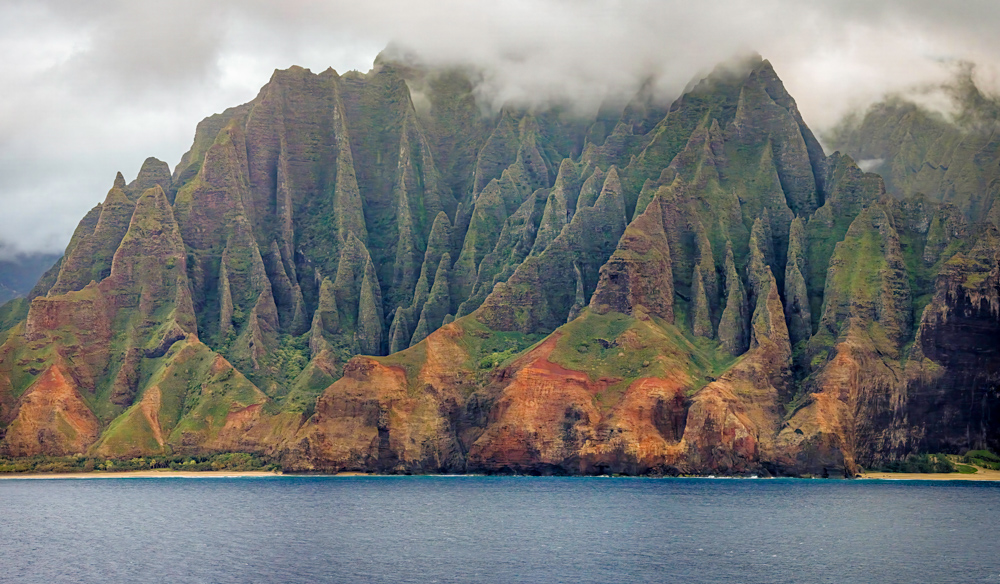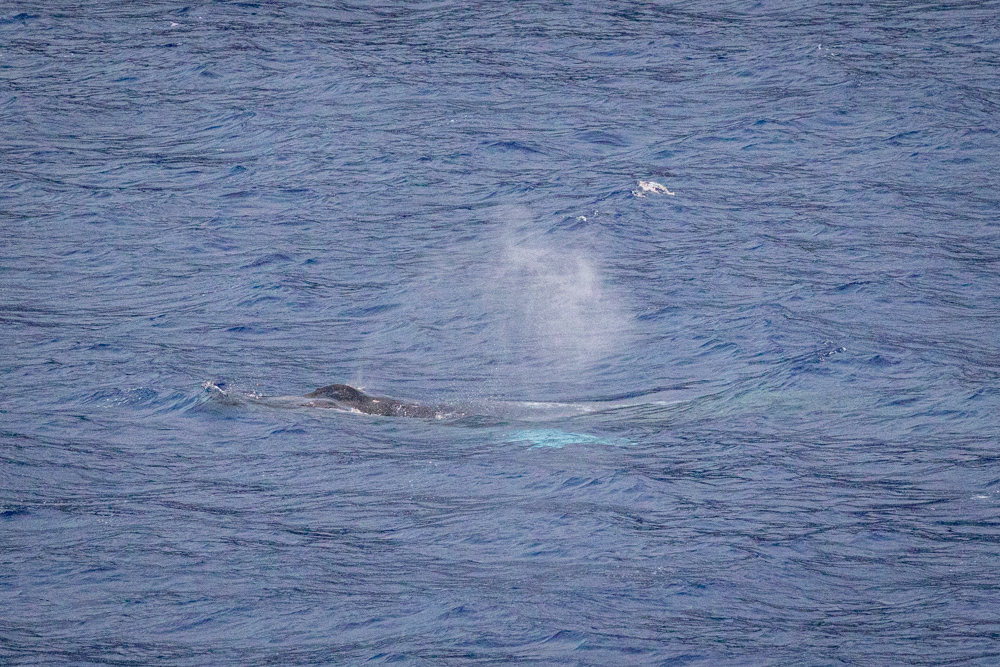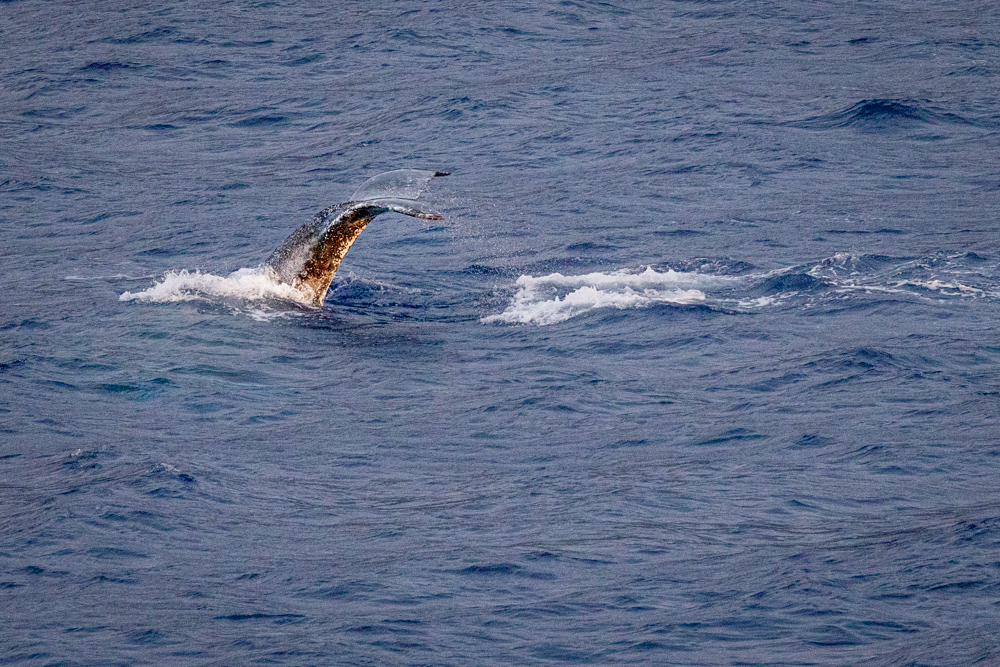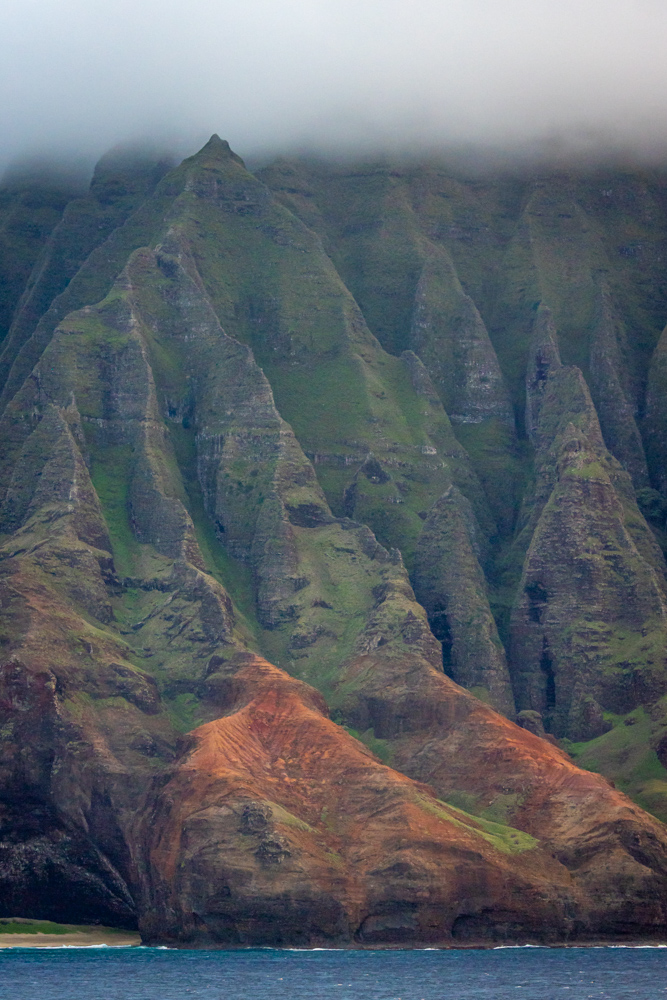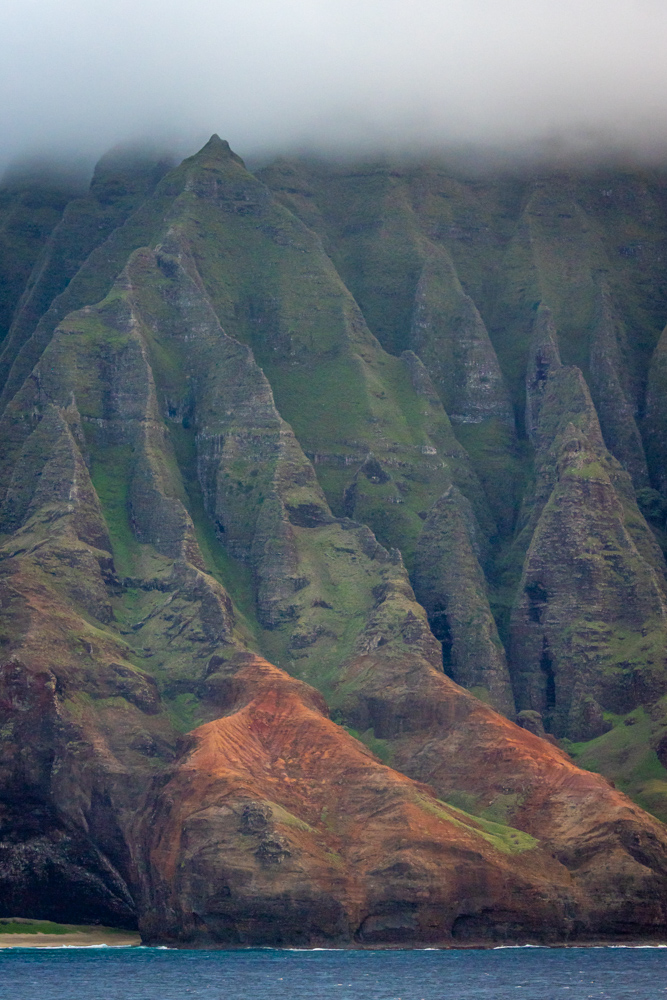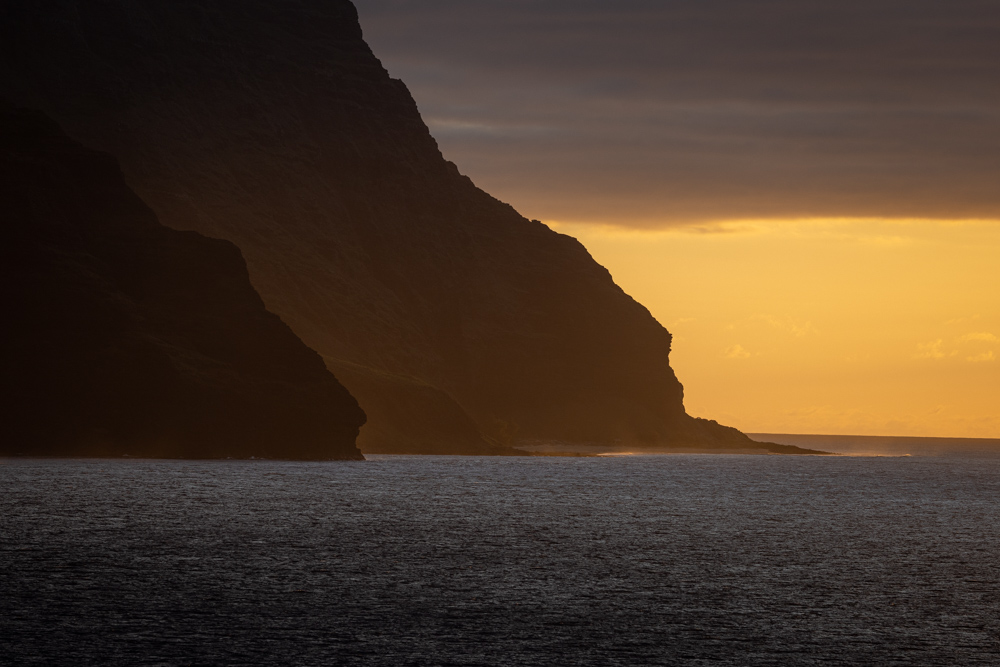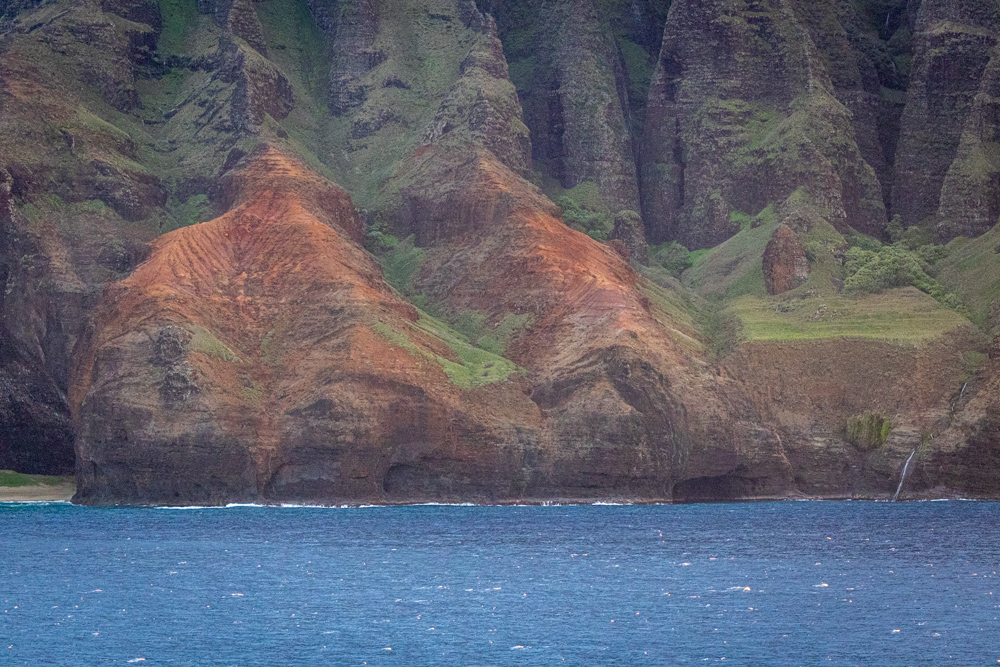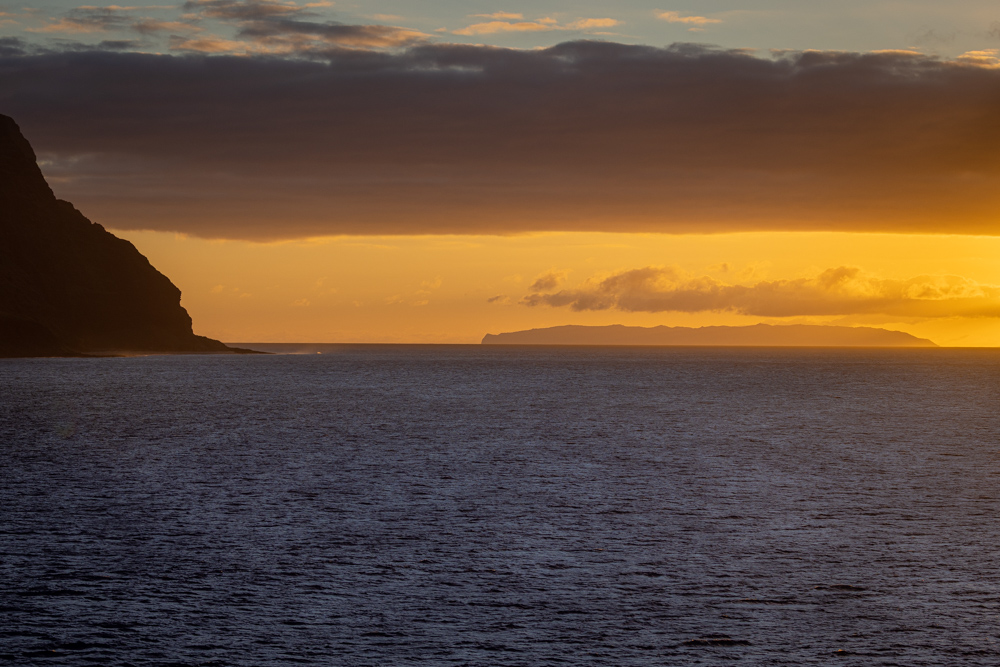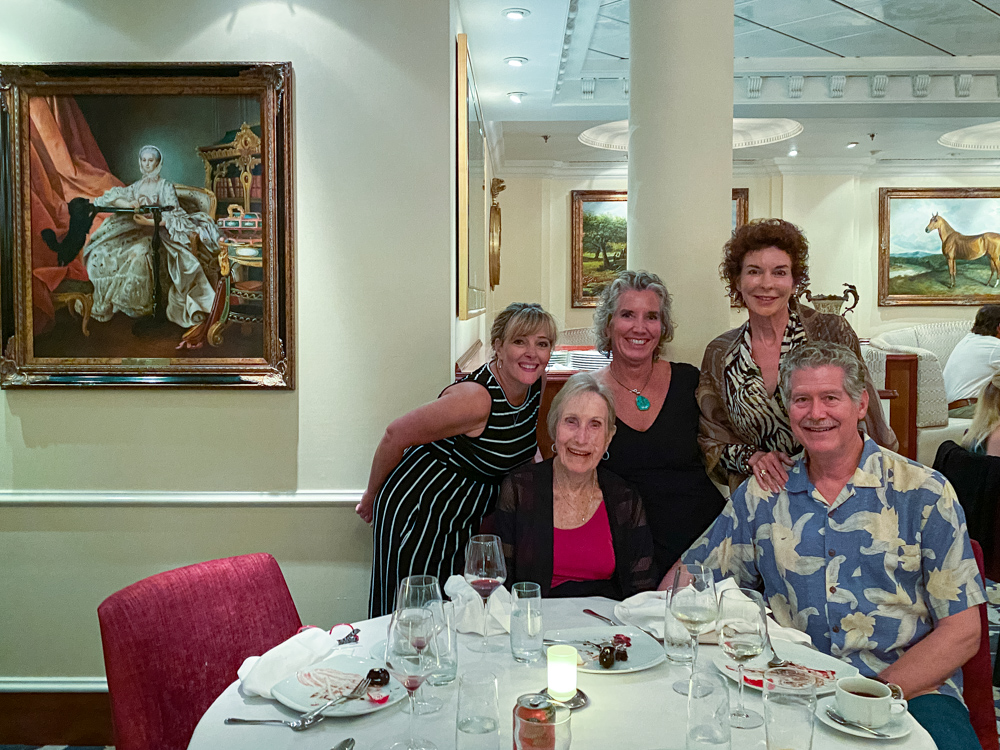Friday, 6 January 2023
Today we would have one excursion to Wilmea Canyon. Time was short as the ship left port at 2:00 pm.
As we made our way to the canyon, we stopped at Spouting Horn Park to see a lava blowhole spit water up into the air.
Today we would have one excursion to Wilmea Canyon. Time was short as the ship left port at 2:00 pm.
As we made our way to the canyon, we stopped at Spouting Horn Park to see a lava blowhole spit water up into the air.
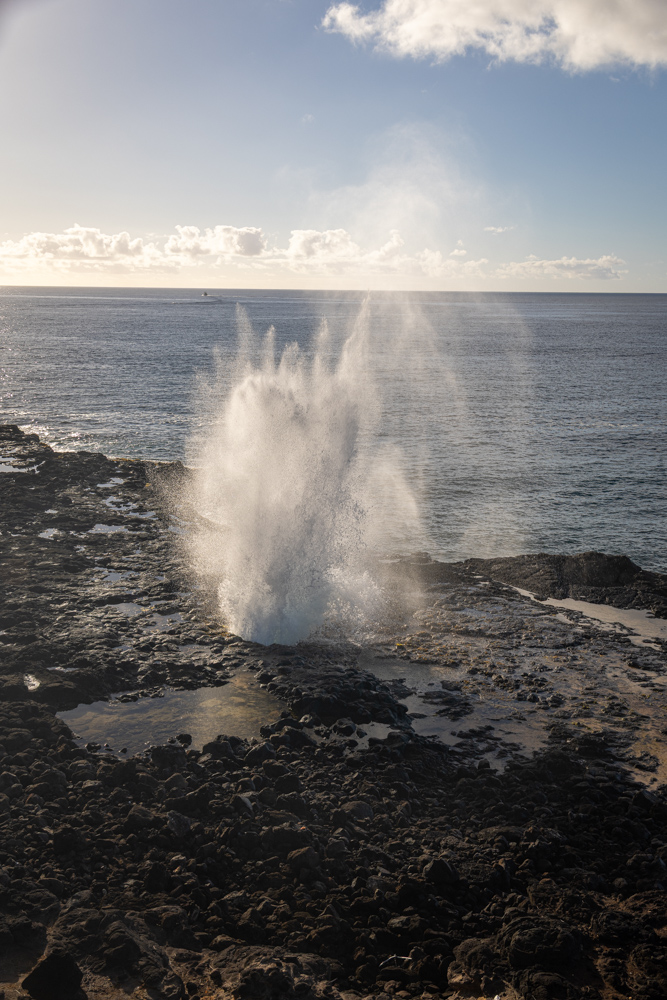
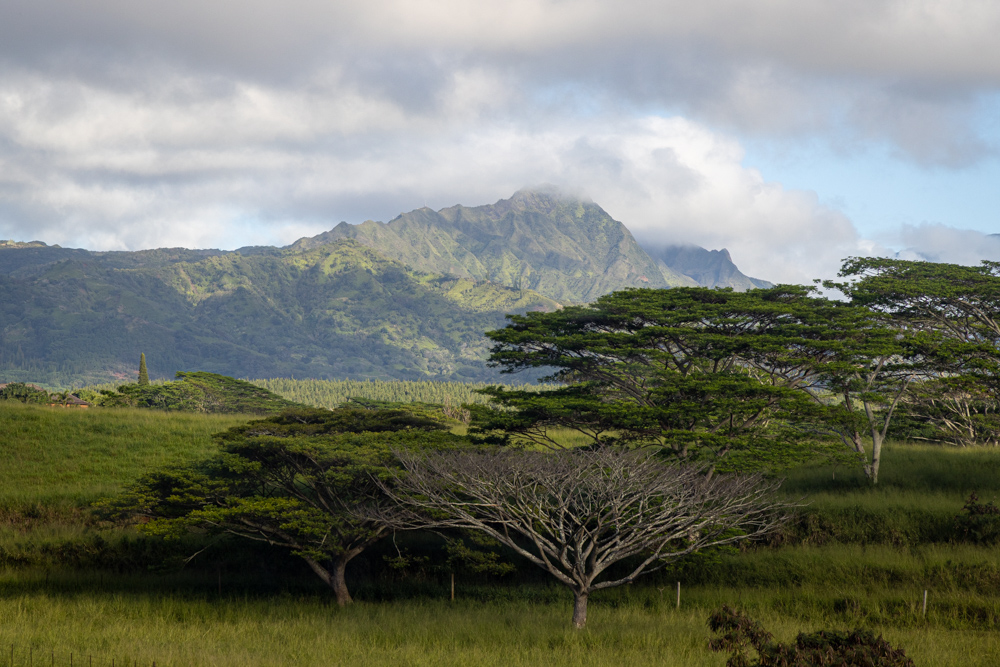
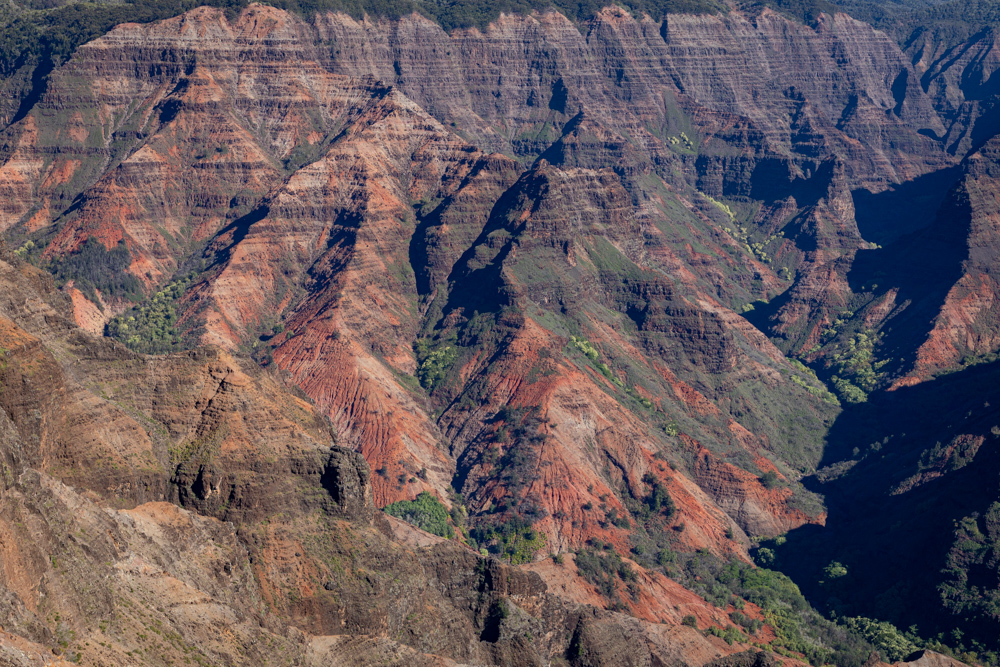
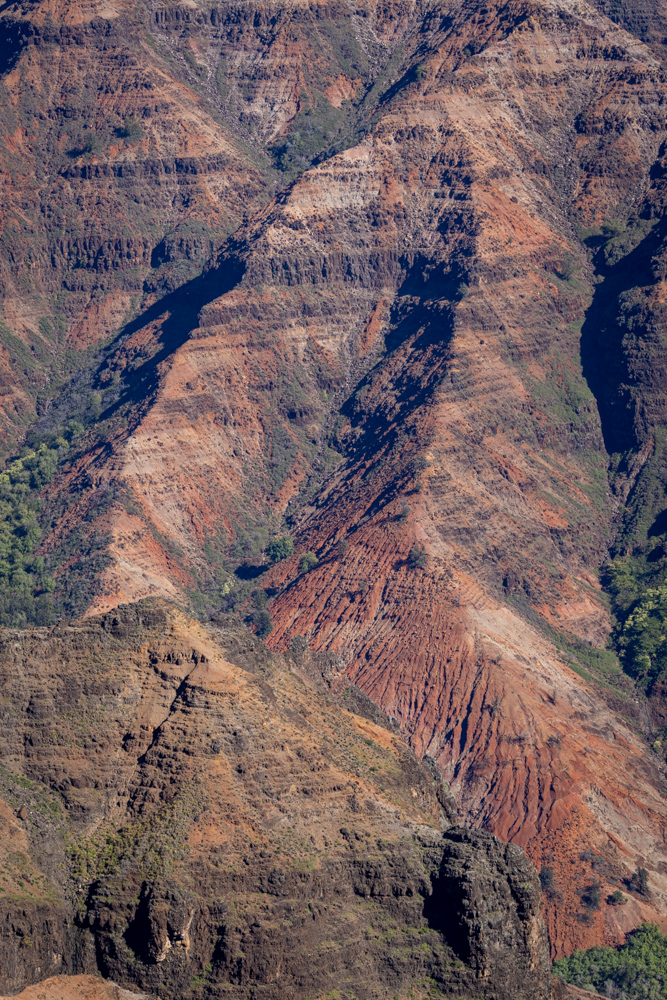
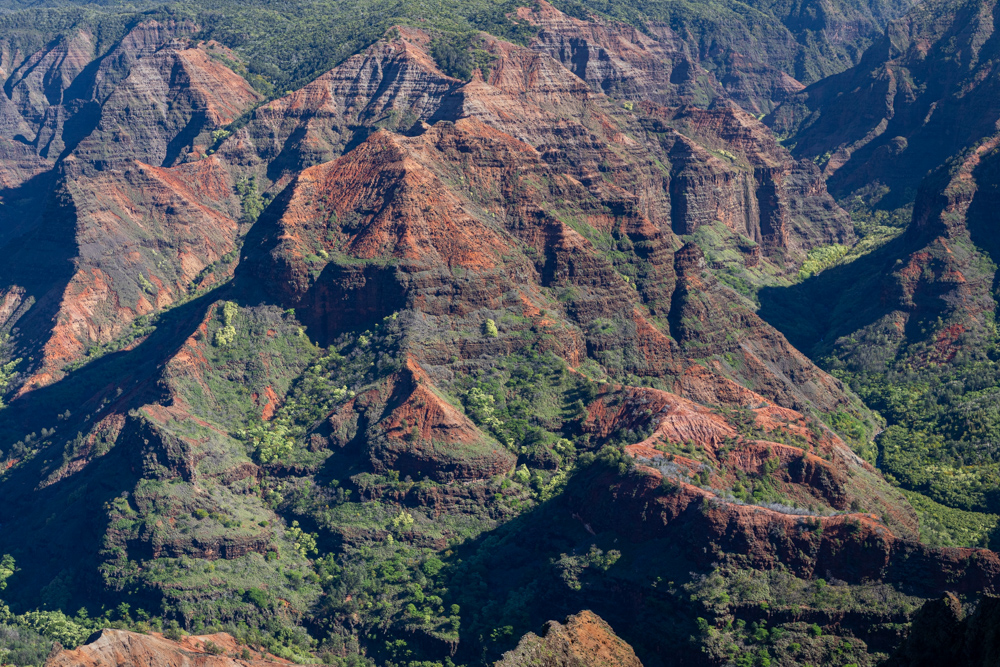
Online and even at the site, people were comparing it to the Grand Canyon, and several said it was bigger/better. While beautiful, especially with the green and red the Grand Canyon is 20 times longer and 2 times deeper and 25 times wider.
As Arizonians, we can assure you the Grand Canyon is much more spectacular.
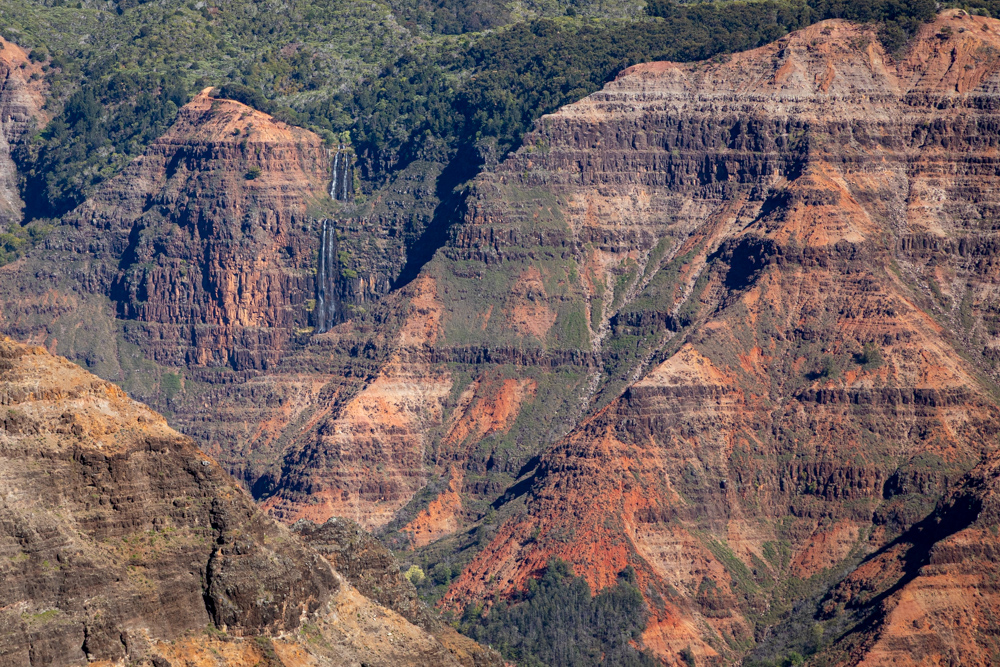
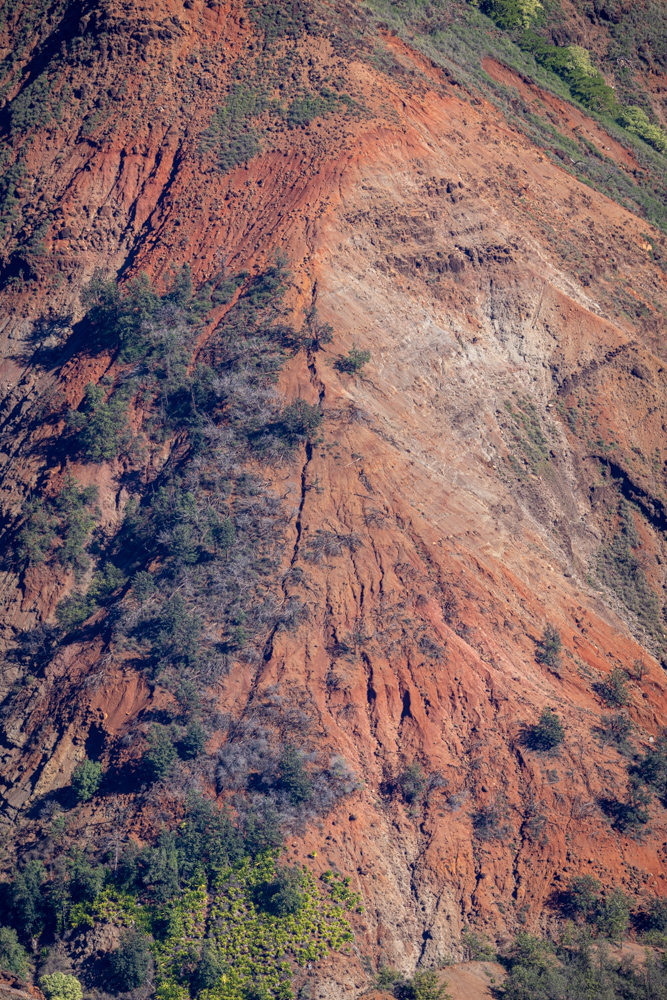
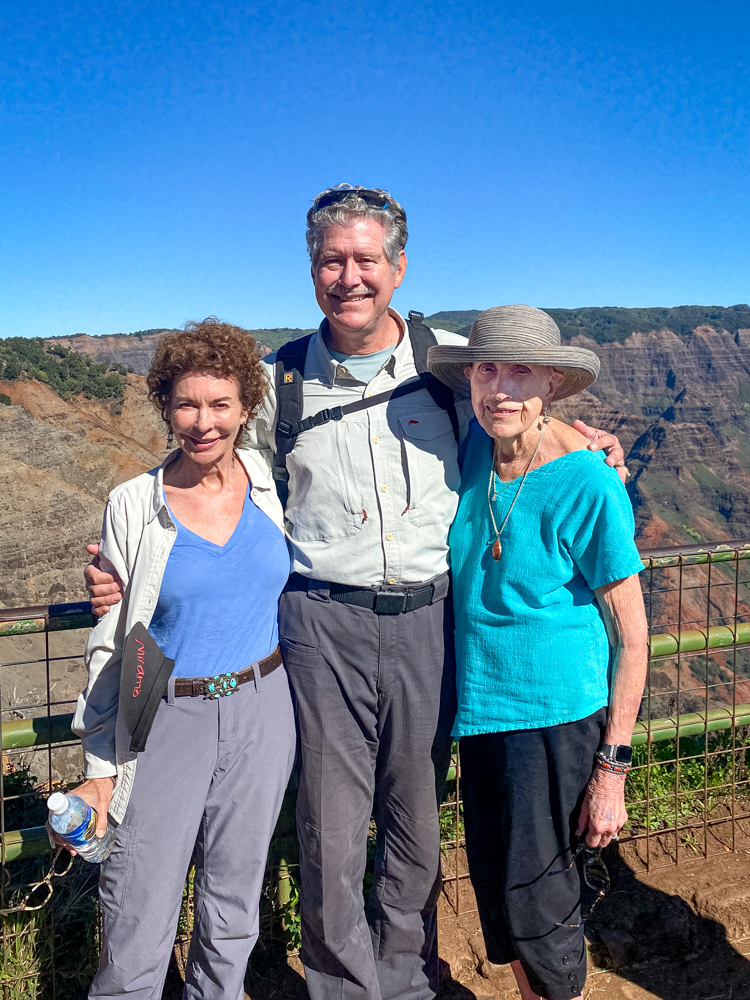
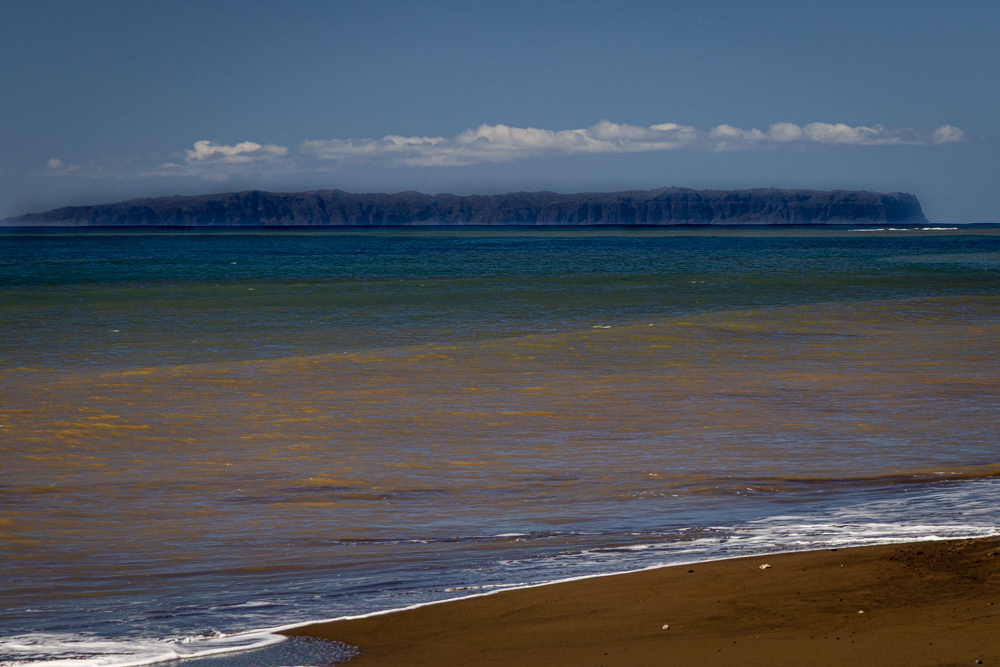
Cal wandered to the seashore and shot a picture of the island of Niihau. Elizabeth Sinclair purchased Niihau in 1864 for $10,000 (equivalent to about $170,000 today) from the Kingdom of Hawaii. Somewhere around 100 Hawaiians live there today.
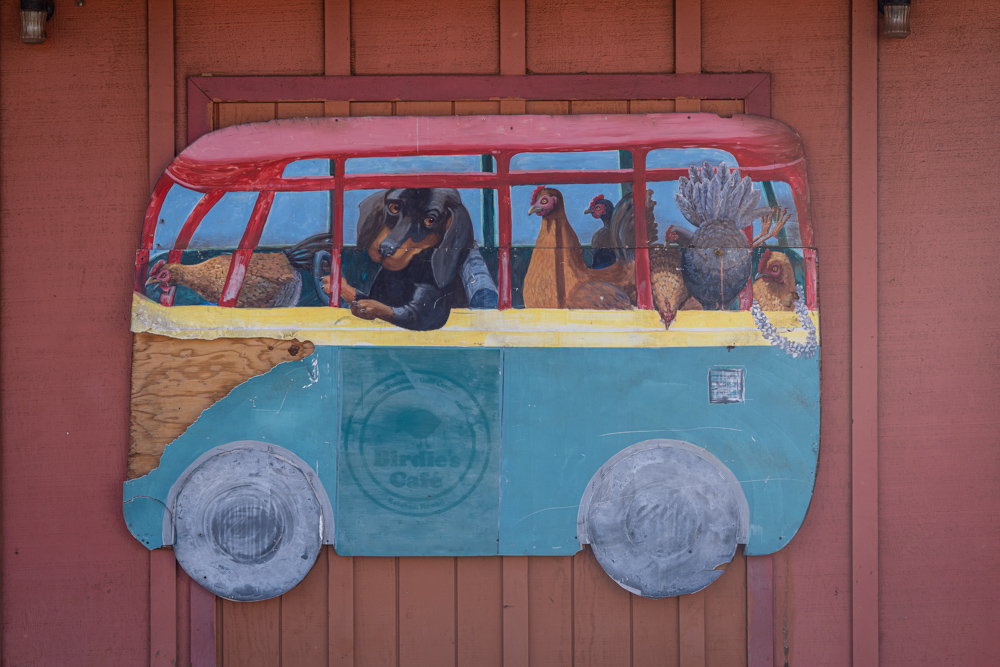
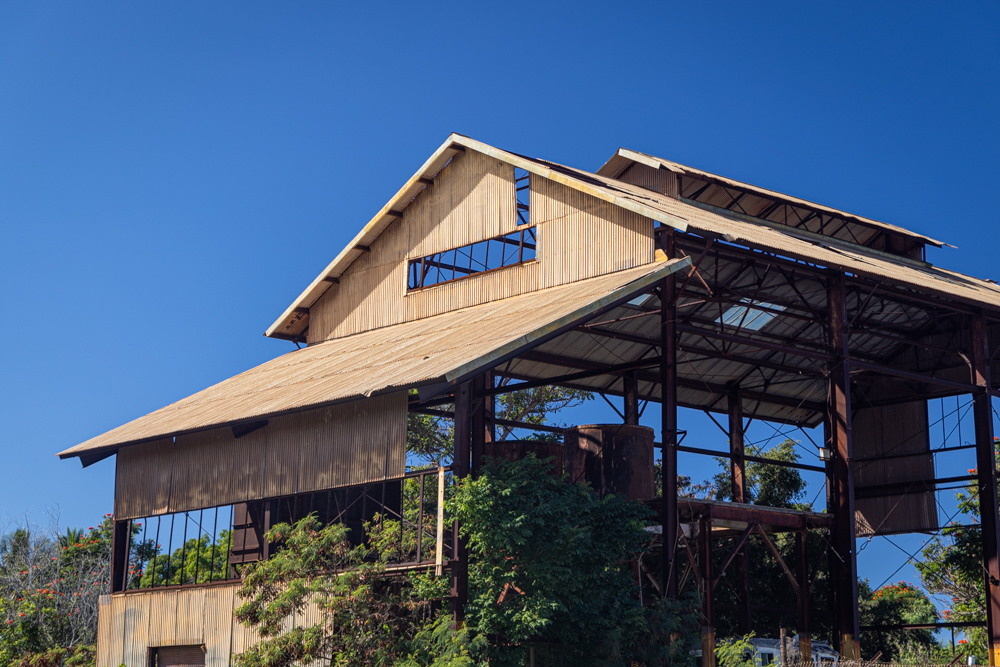
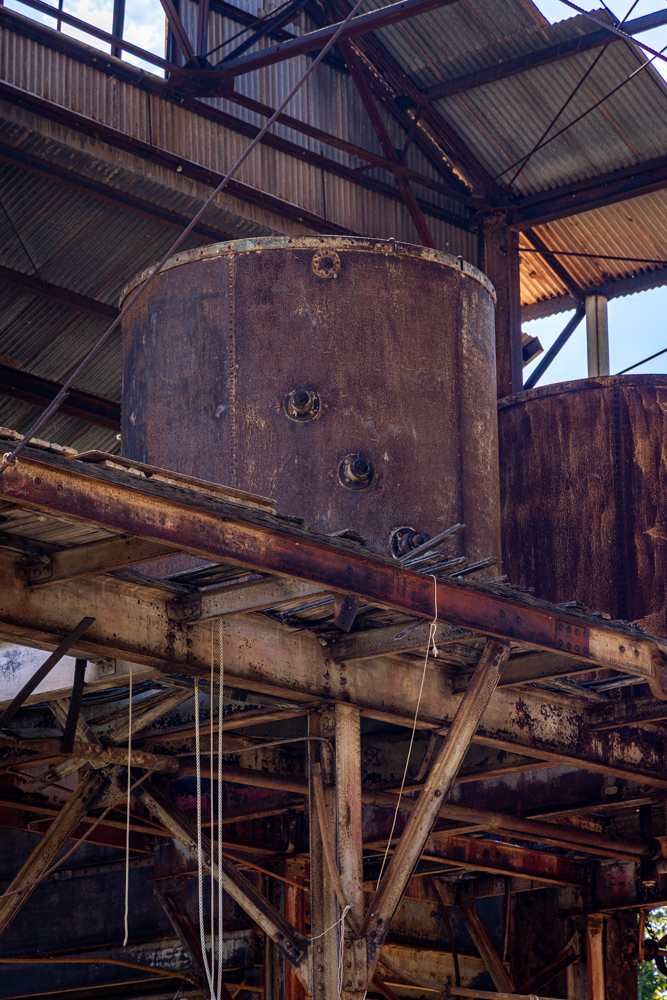
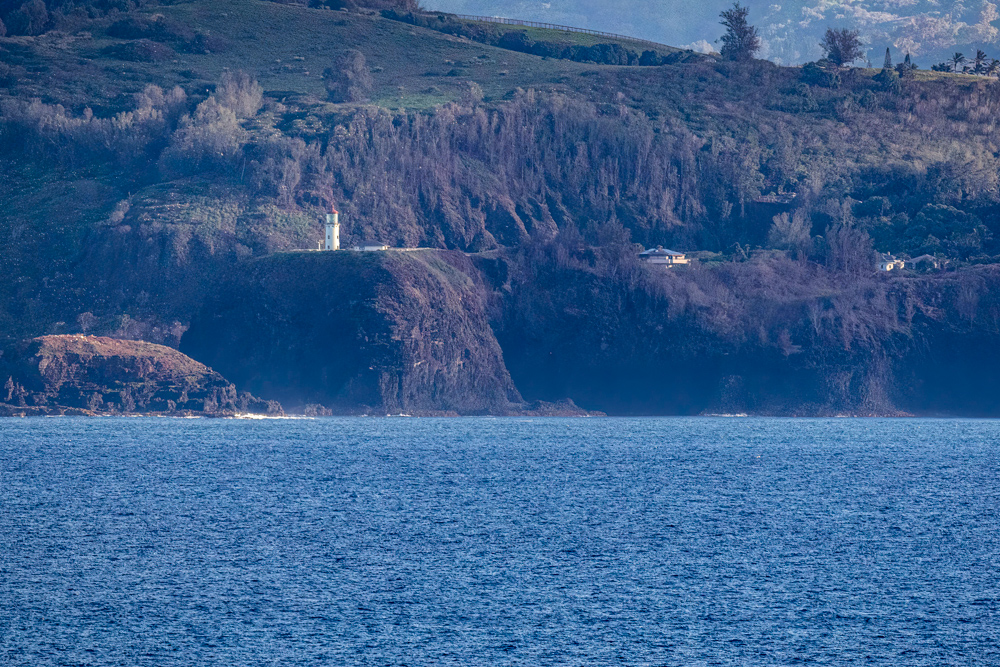
We sailed by some of the same places we visited the day before - here is the Kilauea Lighthouse from the sea.
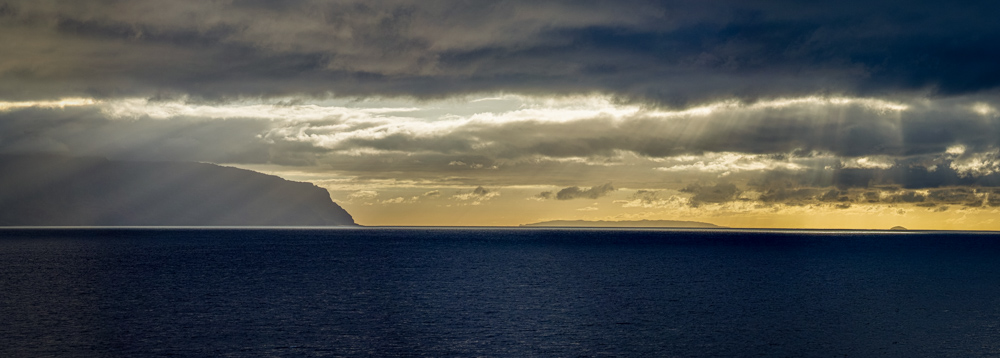
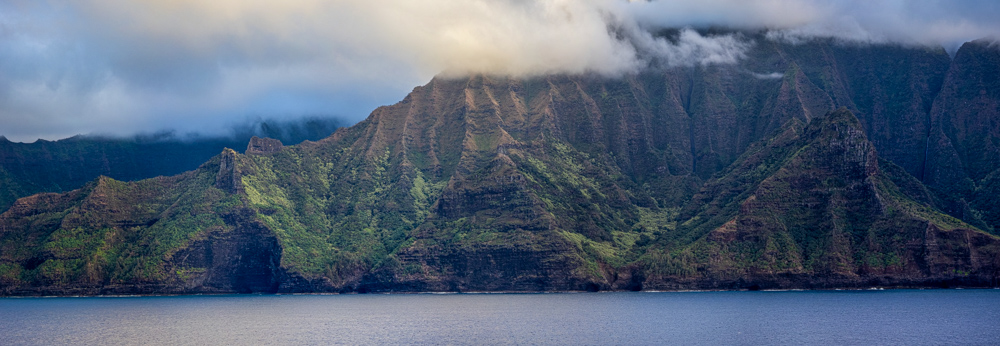
This is the north part of Na Pali Coast State Wilderness Park. Na Pali means "High Cliffs" which raise nearly 4,000 feet above the Pacific Ocean.
